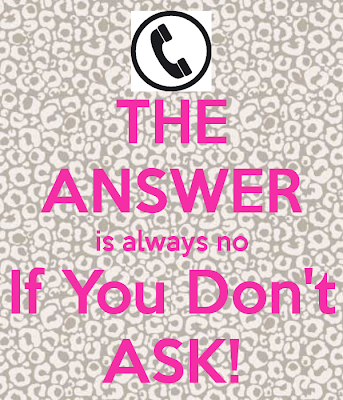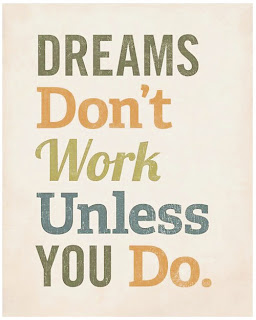I have not posted on this blog for quite some time as a result of
the recent change in my life. As I mentioned in my post about student
to professional transition life can change fast. It hasn't been
difficult, but it has been busy. Finally, I am taking time to sit down and talk
about some of the most important things I have learned in my first two months
as a Marketing & Communications Specialist. I want to share these with you
so you know what lies beyond textbooks and laptops. It really brings my blog to
a new beginning. Life as a PR Grad.
#1 Don't be Afraid of Marketing
Having done a business degree at Western
University, I know a thing or two about Marketing. And when I went into PR I
had no intention of including Marketing in my career plans. I imagined my job
would revolve solely around Social Media, Media Relations and Writing. However,
I quickly discovered that Marketing and PR work so well together that often
times one person does both in an organization. Here I am doing Communications
on a Marketing team. Doing both opens up your scope of work. If you like
diversity in workdays, understanding consumers, strategizing about brands, and
then Marketing is probably something you would enjoy as much as PR.
#2 Don't Pretend you Know, If you Don't
This lesson was easy for me, as one of the
best ways I learn things is y asking questions. Sometimes asking the right
question actually makes you look smarter than if you don't ask any questions at
all. Not speaking up does not necessarily give employers confidence in your
abilities. Ask smart questions to show you understand the process or the
importance of your task. This has been one of the best ways I have made good
impressions on my manager and team.
#3 Under Promise, Over Deliver
Saying you can get something done pronto,
might sound like the best approach when impressing your manager. But sometimes
when things are not pressing, you should under promise your delivery. This
might seem counterintuitive when starting out, but it will save you trouble in
the end. If you start right out the gate at full speed that will become the
standard and you will always be expected to deliver quick and well. But if you
sell yourself slightly short and then surpass what you said you would do, then
you not only make it easier on yourself, but you look good. "Wow she did
it in half the time she said it would take." Maybe you knew it would only
take that long, but you deserve the time to make sure you are doing something
well.
#4 Attitude is Everything
Nothing has been more obvious to me since
starting working. A bad attitude is easily spotted and easily disliked. One of
the easiest ways to jump into a PR team is to have a positive attitude. Maybe
the work done before you isn't up to your ideals, but that doesn't mean you
should be negative about it. Even when feeling overwhelmed (because some day
you will), just put on a smile. You will be known for that smile.
How do you plan on getting your first job?
What lessons do you have to share?
P.S. I Love PR.














